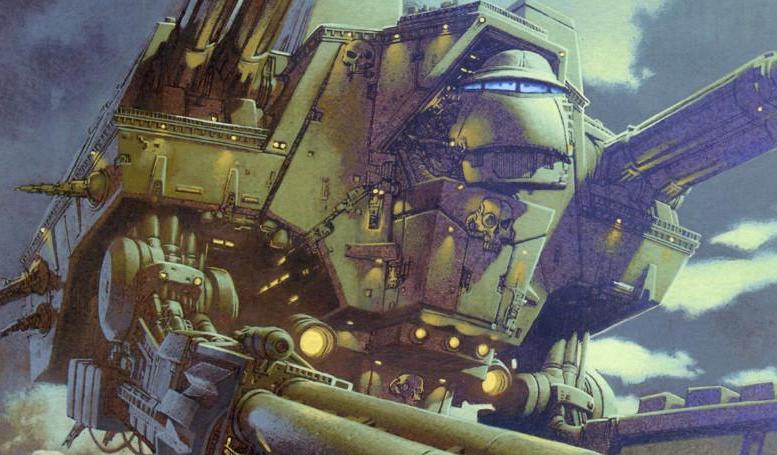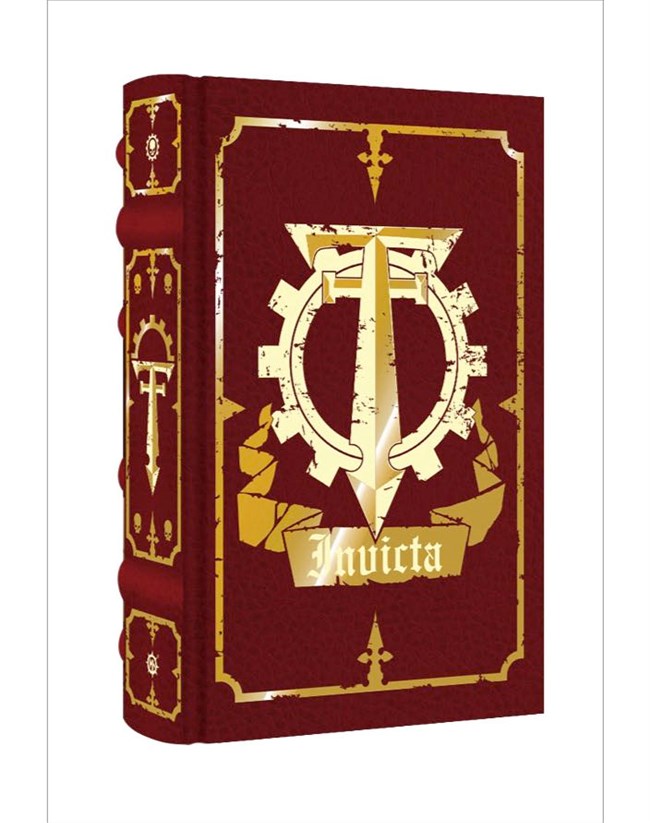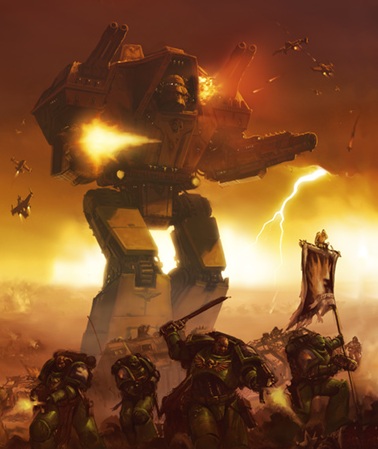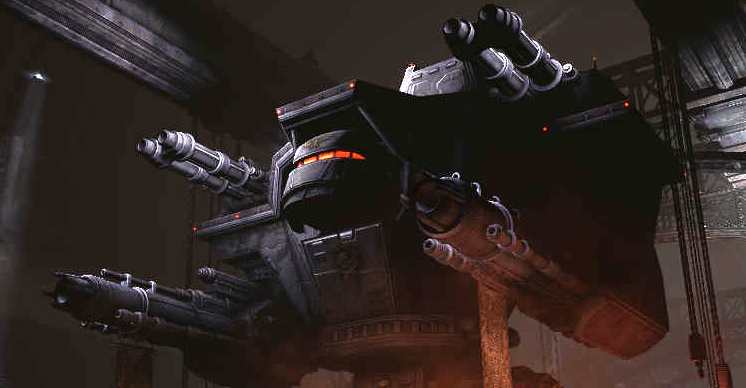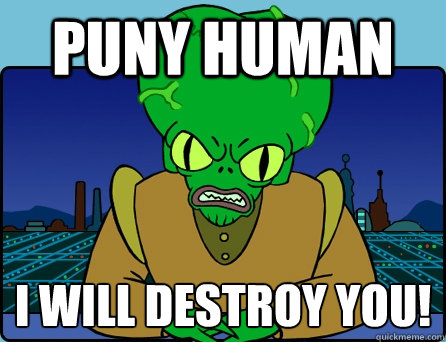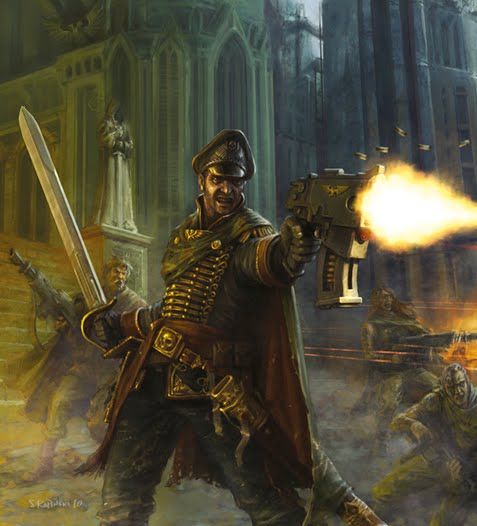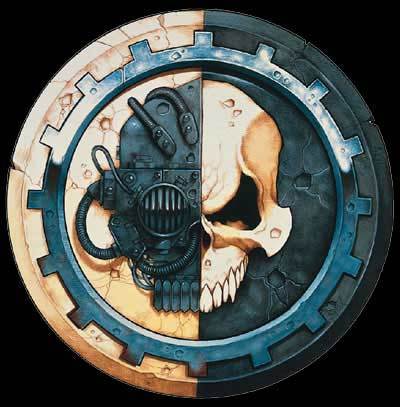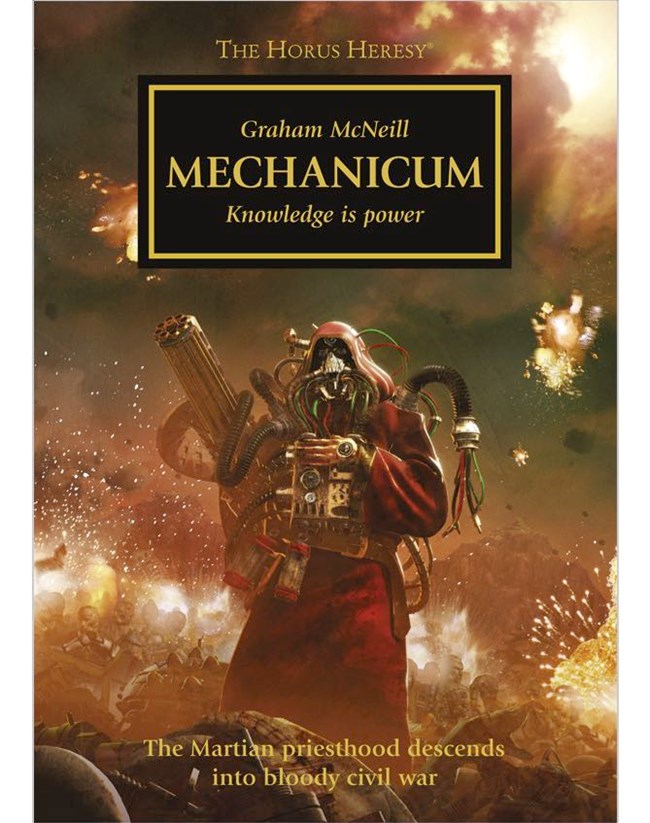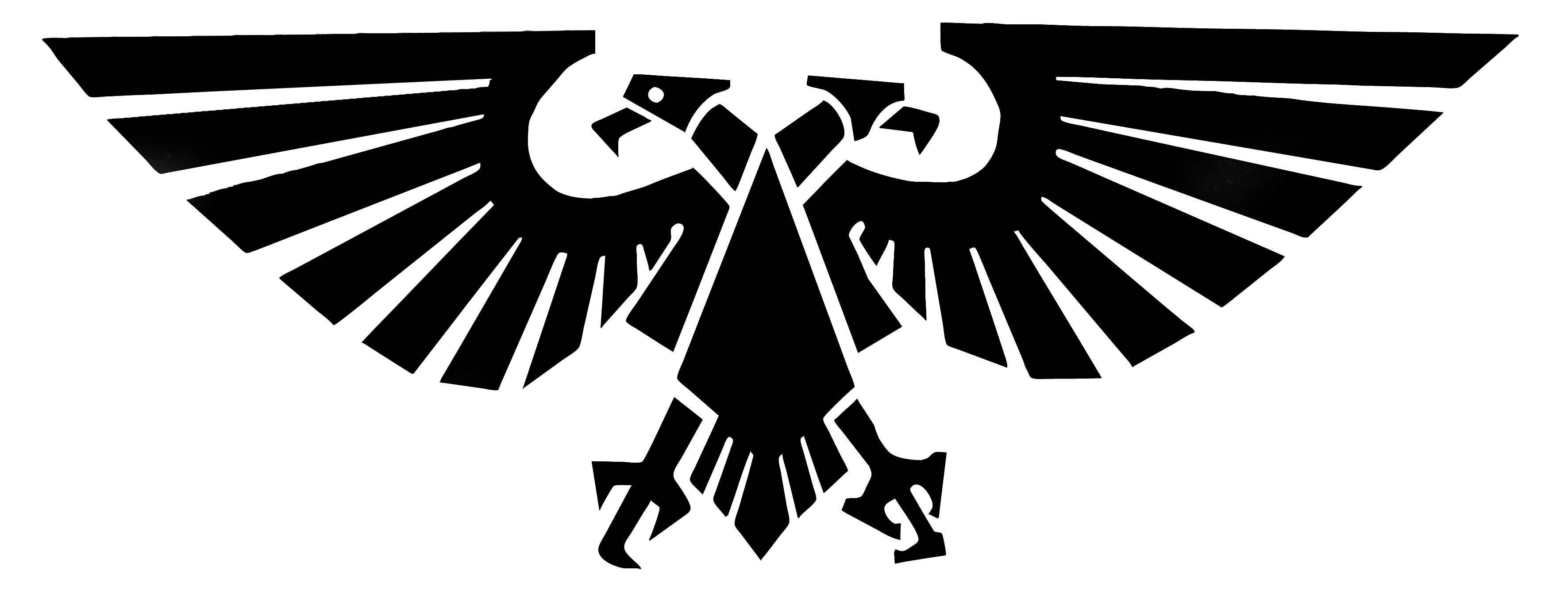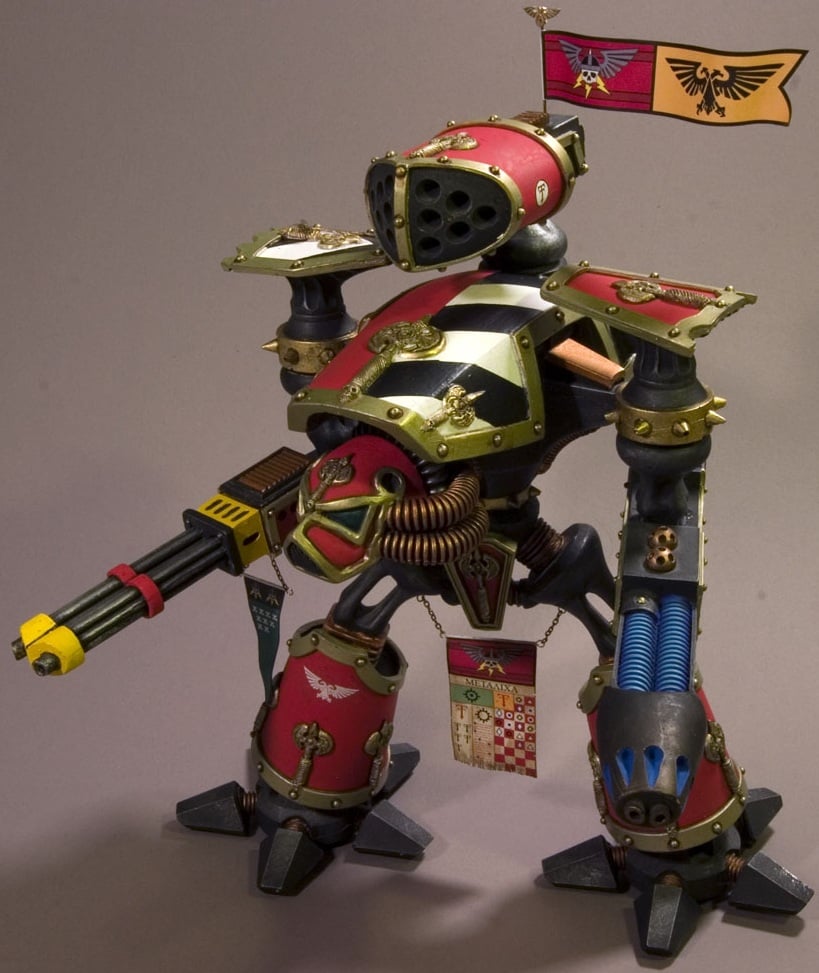Book Review: Titanicus Limited Edition


Dan Abnett’s classic Titanicus gets a sexy new edition.
Dan Abnett is one of, if not the, best authors to regularly write for Black Library. Certainly he is the best known, and known outside of GW fans as well. So you know that when he turns his talents to something as iconic and earthshaking as the massive Titans, it’s going to be worth reading. This book does not disappoint.
Originally published in 2008, Titanicus has remained a staple of the Black Library going through several editions. This year saw the release of a new Limited Edition version, part of a series of Limited and Special Editions Black Library has been doing. Having never read the book before, this gave me the perfect excuse to check out the epic novel.
The Book
The first thing to note about the Limited Edition is the book itself. This hardback edition clocks in at 427 page of man-machine combat. The book is beautifully laid out on high quality paper, with an added introduction from Abnett. The map is crisp and clean and the interior of the covers display a beautiful version of the original cover art. In addition each copy is signed by Abnett. It is however the outside the really stands out. Bound in decorated red leather the book is beautiful and has the symbols of both the Imperium and the Mechanicus worked in to it. The cover is done in lavish argent; one can see the heraldry of Legio Invicta, the main titan legion in the novel. This book is truly beautiful, a tome that deserves to be placed in a room smelling of rich mahogany. A book one should brag about at parties.
Titans Go to War
Warning Minor Spoilers Ahead
The story itself deals with the invasions of a Imperial/Mechanicus forgeworld by a force of Chaos Titans. Though the defenders are initially outclassed they are soon reinforced by the famous Titan Legio, Invicta. A clash of god-machines soon erupts around the beleaguered hives of the forgeworld. Amidst this storm of war defenders, ordinary citizens struggle to survive.
Titanicus is a very good Warhammer 40,000 novel. Unlike some books it really gets the setting and uses it to effect. One of the greatest aspects of 40k, that really sets it apart is scale. Titanicus does scale right. This is no skirmish, no war between merely mortal armies. Here thousands, ten of thousands, of troops are locked in deadly combat, while dozen of building sized Titans clash. When the Titans fight, nothing is safe, buildings, whole city blocks, become collateral damage. Force that in other stories might be the whole of one sides army are wiped out in moments of combat. Titans go to war, and the results, and the scale are impressive.
Puny Humans
Of course the whole book isn’t just about Titans, there needs to be a human element. Abnett loves this human element, and the book follows a number of humans, from tank commander Varco, to the dock worker Stef. In true Abnett fashion many of the humans do not survive. But such is the case when Titans Clash.
This is in many ways something that sets the book apart from other novels. While in most of Abnett’s novels, the Guant’s Ghost’s for example, the humans are trying to win the fight, or accomplish a mission, in Titanicus this is not often the case. Most of the time the humans, the ground view protagonists are merely trying to survive the war. In some cases this is all they do, achieving nothing greater than getting themselves and some of their comrades out alive. This in many ways really helps drive home the scale and power of the titans. When gods clash, what can mere mortals do?
Sir not making an appearance in this book
To some however this may be a knock against the book. Titanicus has a bit of Micheal Bay’s Transformers movies it in. Like those movies the main draw may be seeing massive robots smash each other, and while this will happen, expect to spend most of your time focused on the adventures of normal (or at least abnormal) people. How much this effects your enjoyment of the novel will very, but at least you won’t have to put up with any Titans peeing on bureaucrats.
“Iconic”
Two Halves to a Whole
One of the more interesting parts of the book, aside from the Titans shooting other Titans, is Abnett’s depiction of the split nature of mankind’s Empire. Most 40k stories tend to present the Imperium as a unified whole, with the Mechanicus as one part of it. In Titanicus Abnett explores the idea, that has shown up elsewhere, that this is a flawed view. In Titanicus the Mechanicus and Imperium are two halves of a whole. Two essentially separate empires that have come together, for now, to serve a common purpose. It goes so far as to posit that the two groups are populated by different species descended from a common ancestor. This dichotomy of Imperial and Mechanicus provides much of the tension in the book.
One of the major questions dwelt on is the nature of the Emperor’s divinity and his relation to the Omnissiah/Deus Mechanicus. This question, and the divide between Imperial and Mechanicus viewpoints is one that is rarely dealt with. Abnett’s handling of this topic not only proves to be one of the better parts of the book, but also the one with the most potential far reaching consequences to the 40k universe. It also provides some amazing world building opportunities which really help make the book work.
Final Thoughts
Titanicus is a great entry in the 40k Lore. The massive battles between the god-machines are impressive and fun to read about. While they may not be as much of the focus of the book as one might wish, the world building and human story lines are done well enough to help balance this out. Go into the book expecting the story of a forgeworld at war, rather than a Titan, having Titan adventures and you will not be disappointed. While the Limited Edition doesn’t add much in the way of content, it is enough of a work of art to be worth owning just as a display piece.
Final Grade: 4 Loyalest Revers out of 5
Have you read Titanicus? Let know what you thought, down in the comments!

